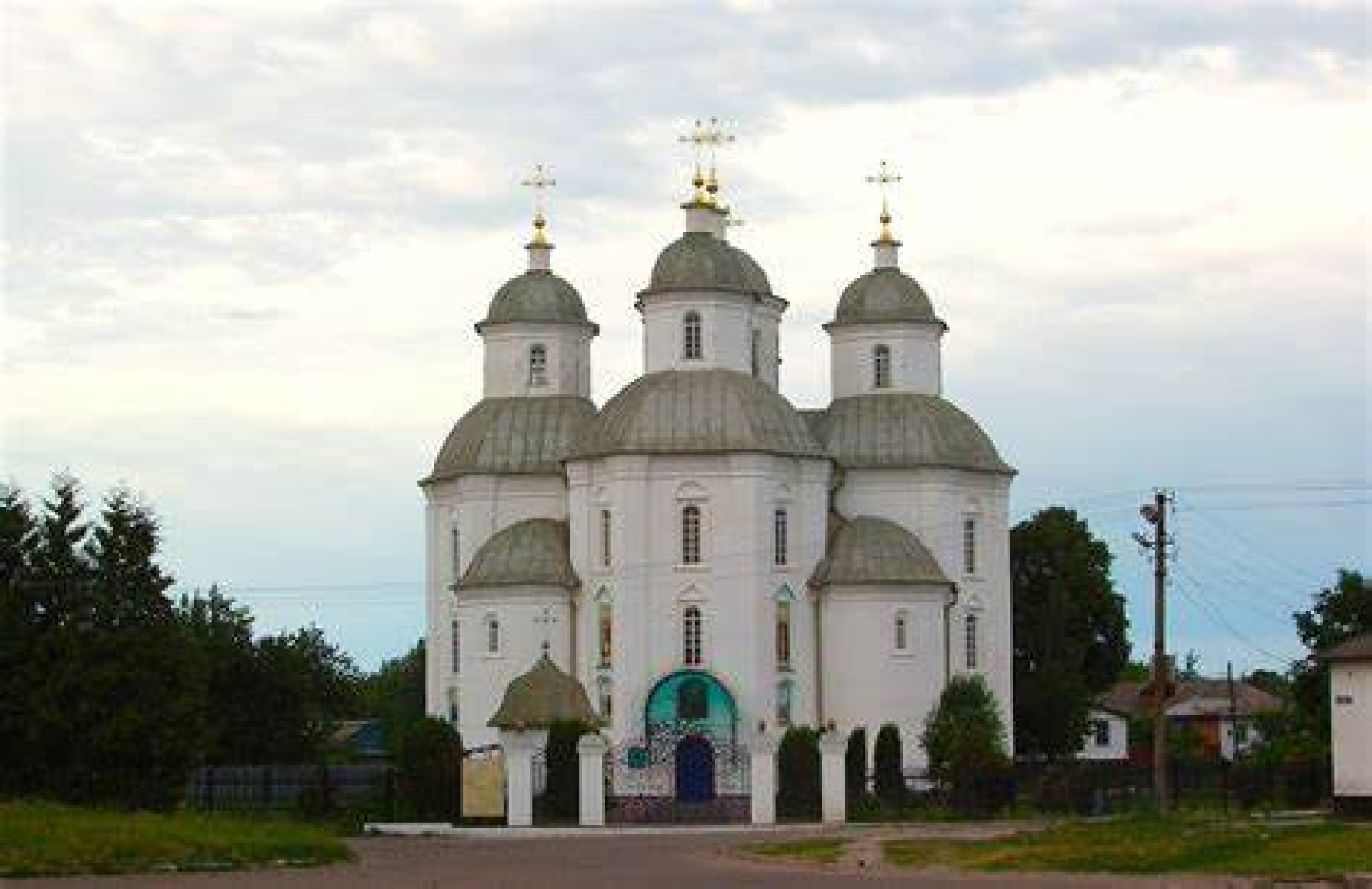Oles Honchar was a distinguished Ukrainian author from the Poltava region, known for his commitment to the Ukrainian language and culture. Raised in a Ukrainian-speaking environment, he began writing early in his life. His literary career was profoundly shaped by World War II, during which he fought, was captured, escaped, and continued to engage in combat. These tumultuous experiences inspired him to write two major novels: "The Flag Bearers," which recounts his wartime experiences, and "The Cathedral," a profound exploration of national identity and cultural heritage.
As the title of this review suggests, the cathedral itself was not forbidden but instead was nearly forgotten. Although Honchar’s book "The Cathedral" was banned due to its controversial themes regarding national identity, cultural preservation, and criticism of Soviet bureaucracy, Honchar strongly believed in preserving this architectural wonder.
In the novel, townsfolk engage in spirited debates about the need and purpose of restoring their beloved cathedral. A massive metal plant looms in their midst, representing the industrial hustle and bustle of the era, its stark presence weighed against the ethereal, spiritual significance of the ancient Cossack-built relic. It’s fascinating how the real-life Holy Trinity Cathedral in Novomoskovsk, Ukraine, is transformed within Honchar’s pages, evolving into a character brimming with its own history and soul.
While researching the actual building, I discovered that the Cossacks spent three years (from 1775 to 1778) constructing this monumental structure. To maintain its holiness, they crafted it entirely from wood without using any nails. In the 1930s, the Holy Trinity Cathedral was shut down as part of the Soviet Union’s campaign against religion, after which it served as a warehouse. In 1941, a bombing in the town resulted in the deaths of many clergy members, cathedral rectors, diocesan bishops, and locals, who are buried in a mass grave next to the cathedral. Renovations of the cathedral began in 1944.
In essence, "The Cathedral" uses the symbolic conflict between the cathedral and the plant, along with the personal stories of its characters, to reflect the complex and often contradictory forces at play in Soviet Ukraine during the 1960s. The novel explores the tension between the drive for industrial progress and the preservation of cultural heritage, as well as the promises and limitations of the Soviet system for its citizens and the state's control over cultural and intellectual expression.
This fascinating book was originally written in Ukrainian and later translated into English. A notable quote from "The Cathedral" emphasizes the importance of preserving one's inner spirituality: “Preserve the cathedrals of your souls, friends... The cathedrals of your souls!” This metaphor highlights the novel's central theme of safeguarding personal integrity and cultural heritage in the face of external challenges.
The library will be screening a documentary about another cathedral, inspired by author and illustrator David Macaulay's book "Cathedral," at 1:00 pm on April 5. This book tells intriguing stories of life and death, faith and despair, prosperity, and intrigue during a specific period. The documentary features spectacular location sequences and cinema-quality animation, showcasing France's most famous churches.
Additionally, the Reading Trap Book Club will gather at the Traphill Branch Library on April 10 at noon to engage in a lively discussion about Honchar’s "The Cathedral" while savoring delightful Ukrainian cuisine.

